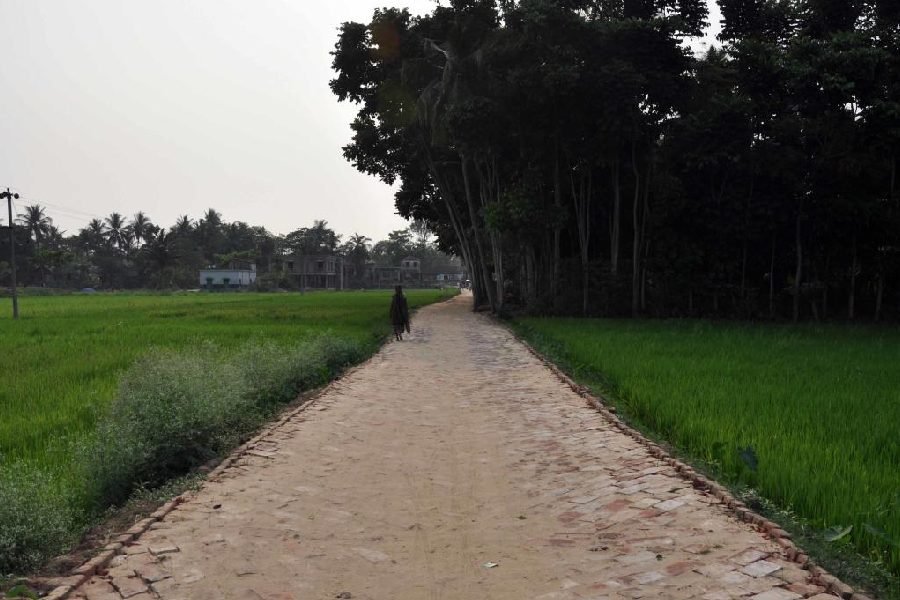– The Mamata Banerjee government will spend ₹1,700 crore in villages after the Centre has held back grants in the past three years under several rural schemes, which are used to ensure 100 days of employment for people annually and build roads and homes
GBT News: The cash-strapped Bengal government has got good news from Delhi as it is all set to get the second instalment of the 15th Finance Commission funds, allotted for the 2024-25 fiscal, very soon because of the state’s success in spending the first tranche in stipulated time.
The Mamata Banerjee government will spend ₹1,700 crore in villages after the Centre has held back grants in the past three years under several rural schemes, which are used to ensure 100 days of employment for people annually and build roads and homes.
“This is the first time in recent times that the state spent the first instalment before the expiry of the ongoing financial year as it was desperate to receive the second instalment…. This is important for the cash-strapped state government as it is only the funds that the state government is receiving from Delhi for rural development,” said a senior state government official.
In June 2024, the Centre had released ₹1,700 crore as the first instalment of the finance commission grants. It had laid a precondition that the state would get the second instalment only if it spent the funds by August end.
The state panchayat department introduced a daily monitoring system and fixed daily expenditure targets for 3,339 gram panchayats across the state to achieve the target. The majority of the panchayats could not spend the funds on time as there were Lok Sabha polls last year. The rural bodies finally achieved the target by October end or mid-November.
“But it is good to see that the Centre recognised the hard work put in by the state government and decided to release the second instalment even after the deadline was missed by a month or so,” said a source.
As the finance commission funds are untied and sent to the rural bodies, mainly the gram panchayats, they can take up development projects according to local requirements.
With proper planning, the state government can initiate projects for rural connectivity, which was affected after the Centre stopped releasing funds under the rural roads scheme over the past three years, alleging irregularities in the scheme.
“Although the state spent ₹12,000 crore from its exchequer on rural roads last year, it was not enough to repair all damaged roads. Now, the rural bodies can spend the funds on repairing the damaged rural roads ahead of the 2026 Assembly polls,” said an official.
Second, the rural bodies can spend the funds to meet the local demands like installation of drinking water facilities or construction of small culverts.
“As the state is running more than 70 welfare schemes, including Lakshmir Bhandar, it does not have money to spend under these heads right at this moment. This is why these funds could come in handy for the rural bodies,” said a source.
As the government forbade rural bodies from collecting user charges like road tax or water supply tax, which they used to collect earlier, a few years ago, their functioning was severely affected.
“If the gram panchayats don’t function properly, it’s a headache for the ruling establishment as people depend heavily on them as the lowest rung of administration. With the 15th Finance Commission funds, the panchayats would start functioning again,” said a source.
The state panchayat department has also taken initiatives to use the funds received under the 15th Finance Commission properly in the absence of other rural development funds.
“With the first instalment, the gram panchayats had laid stress on developing rural roads and small construction work required in their particular areas. This generated some work for the rural people. With the second instalment, the focus would be on more development projects,” said an official.

